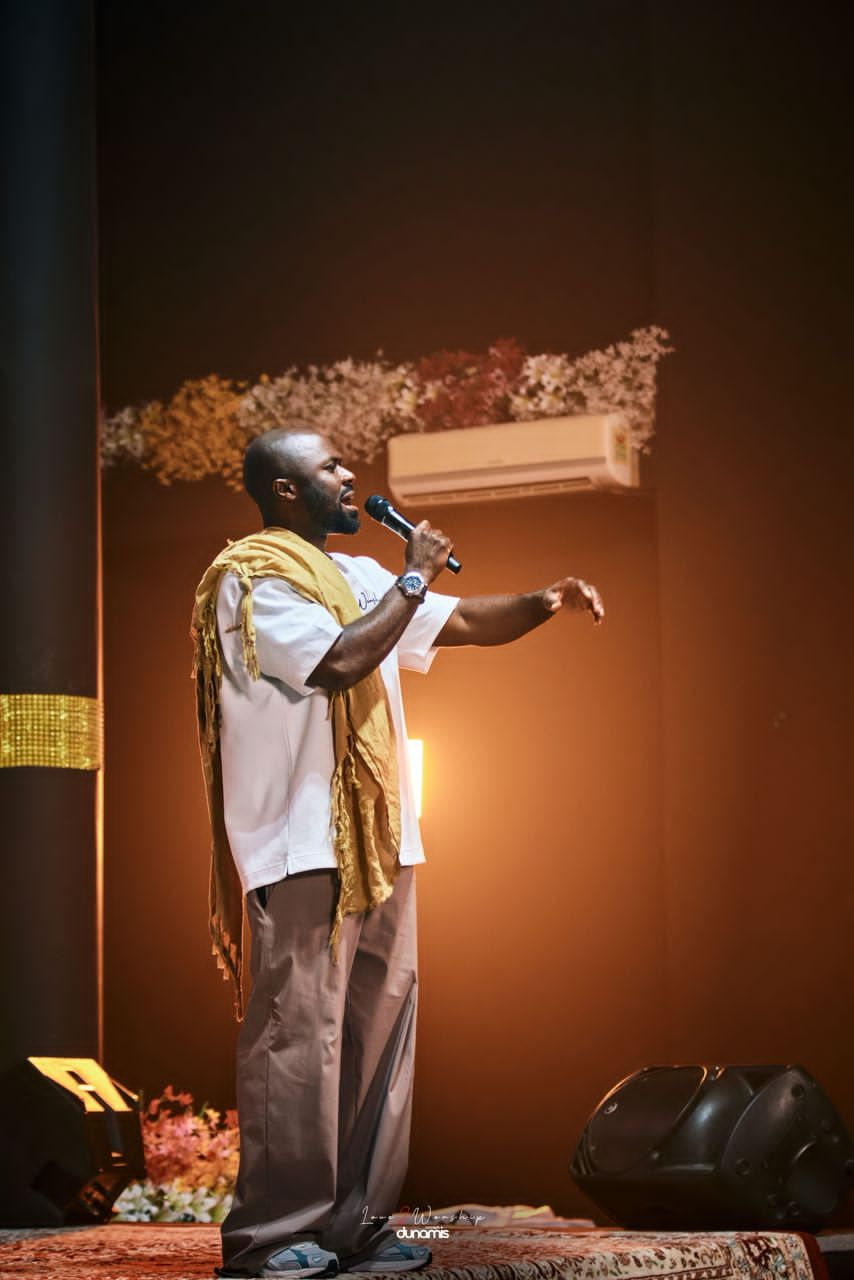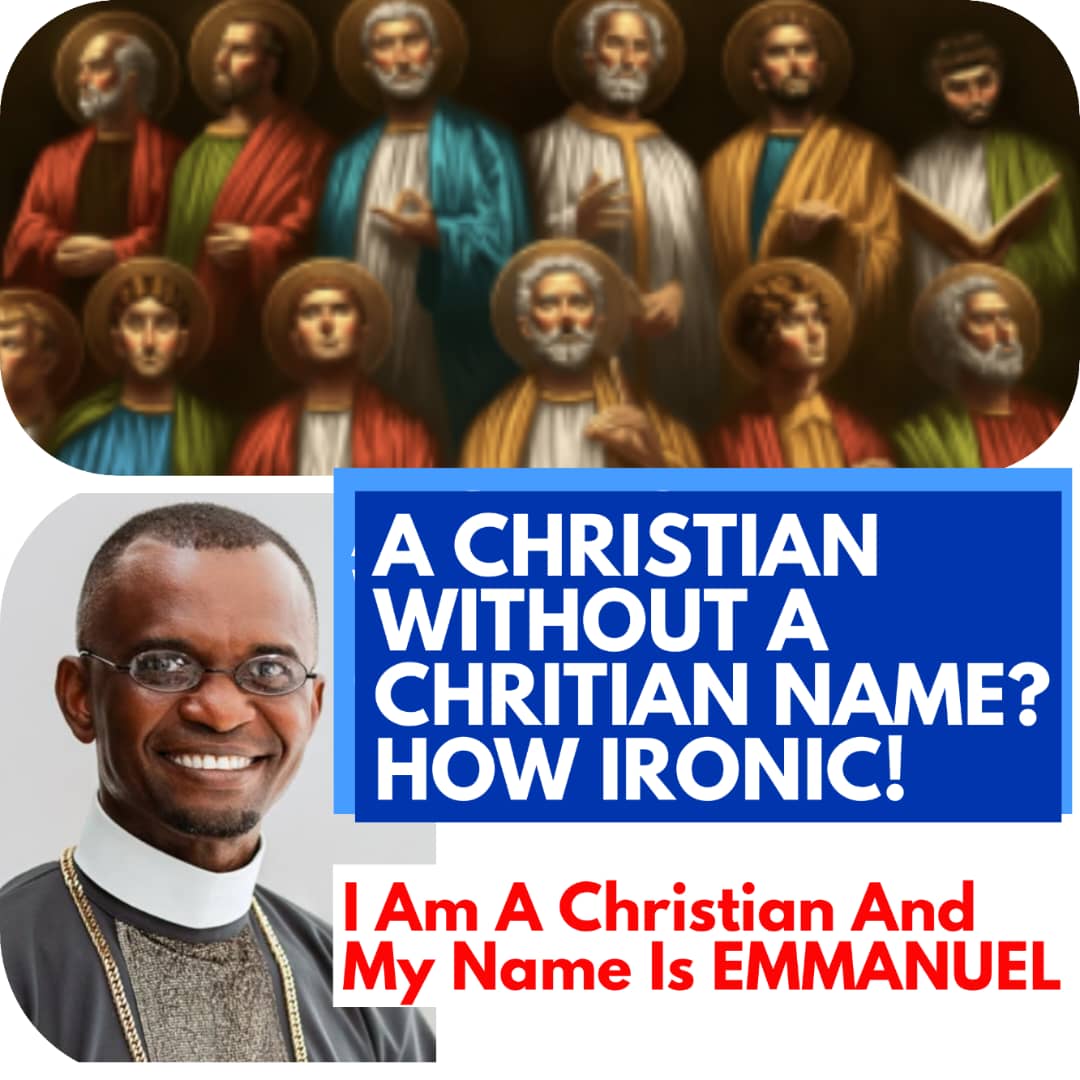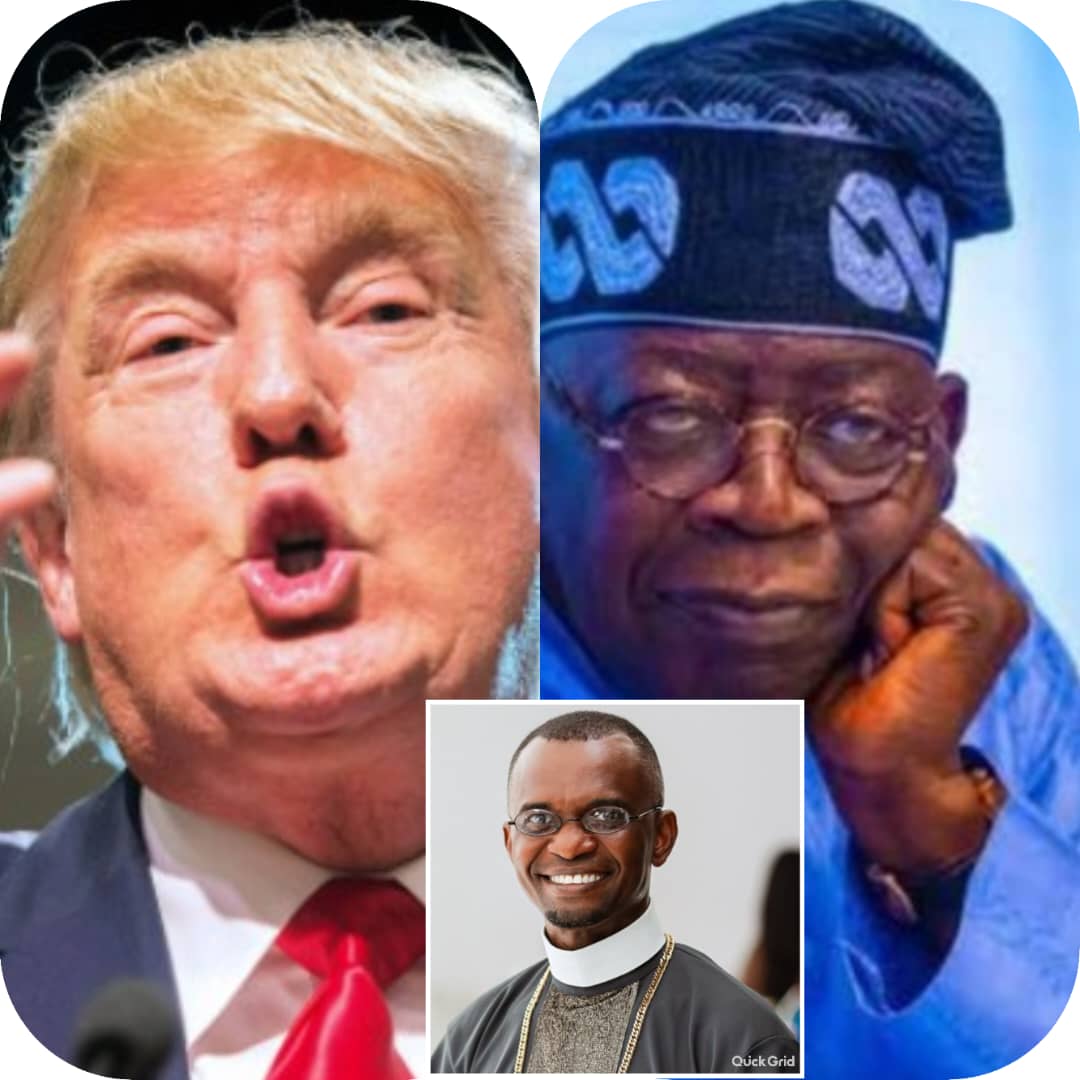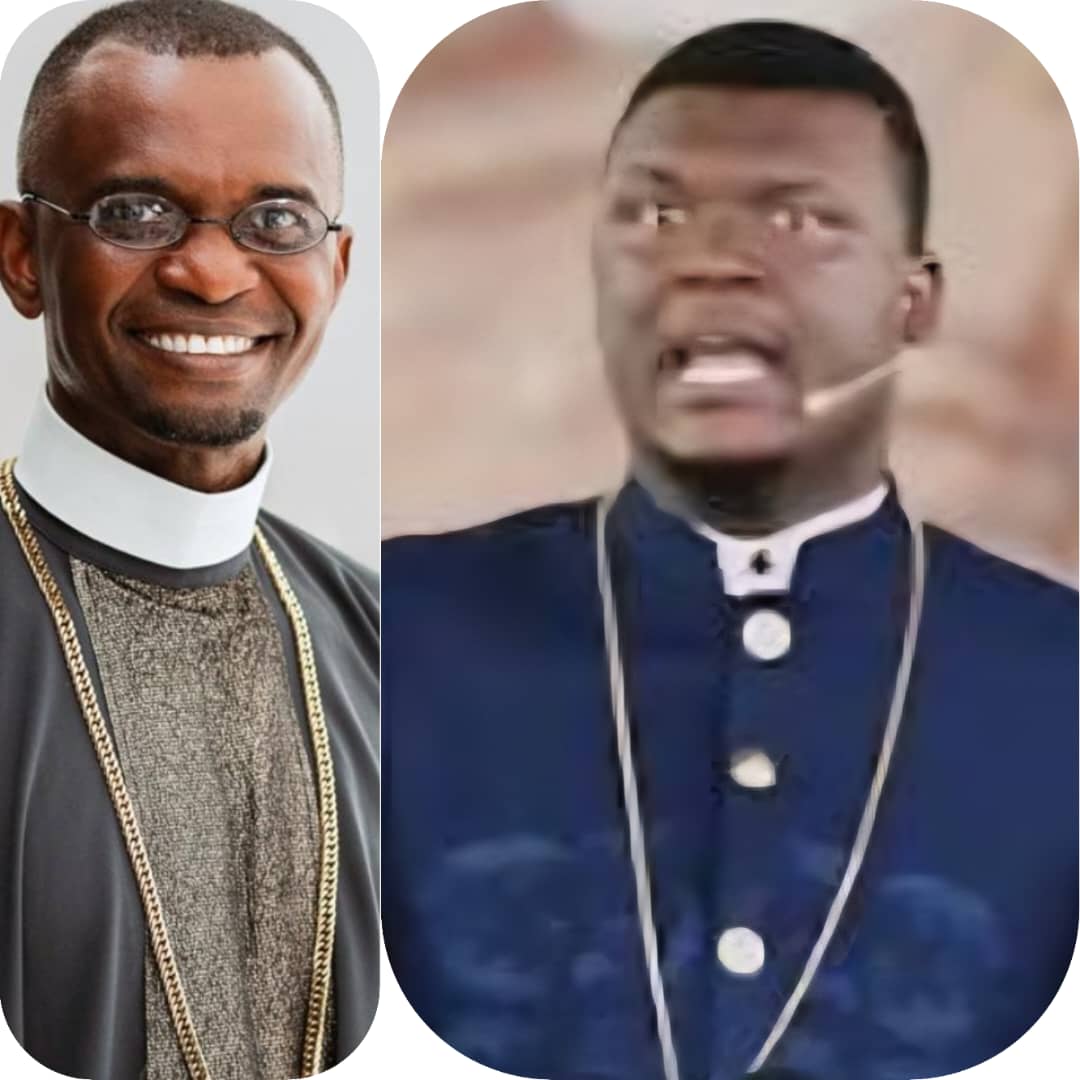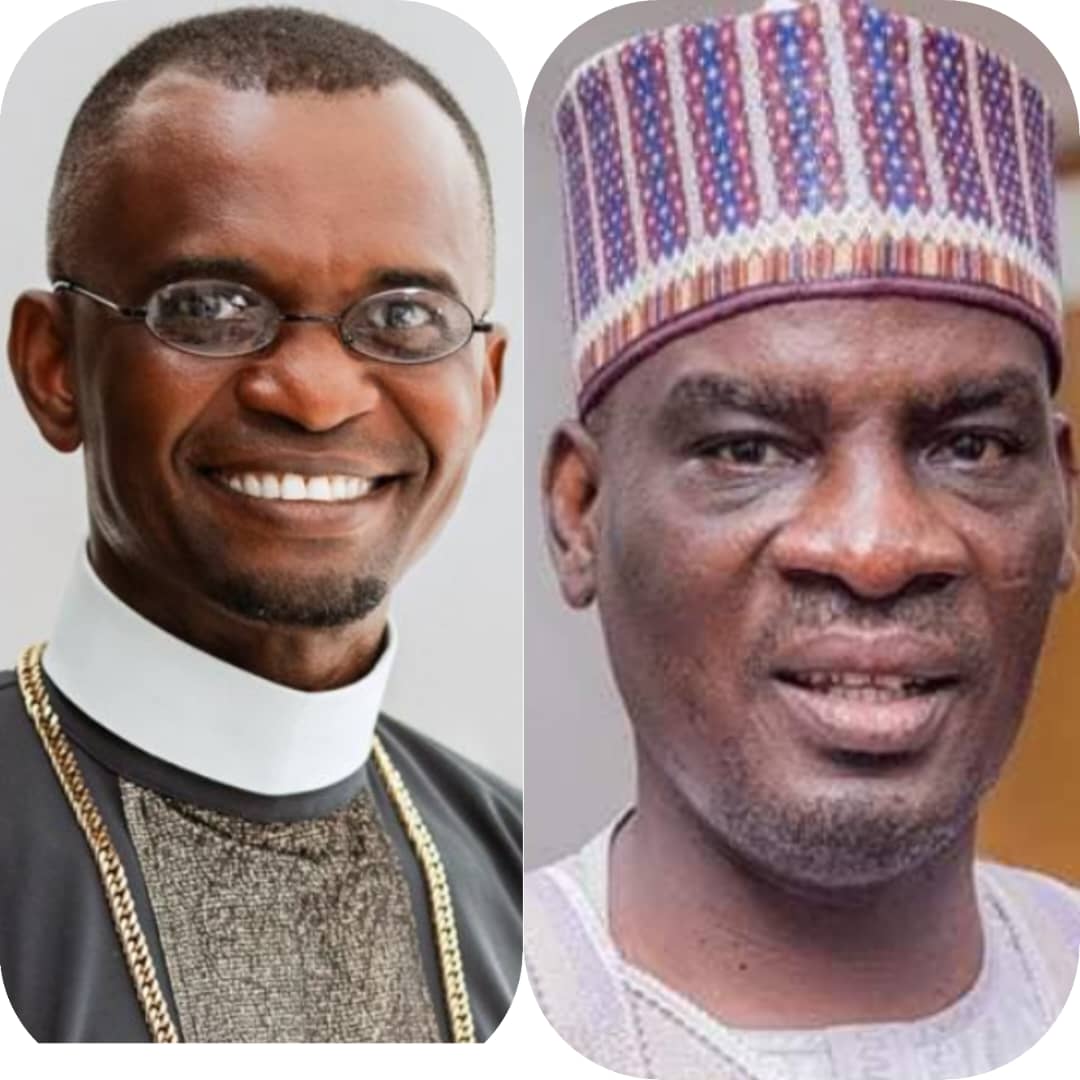
There are few spectacles more theatrically astonishing than watching a politician—suddenly struck by an unexpected burst of ecclesiastical enthusiasm—attempt to instruct the Church on how to run her own sacred institutions.

Hon. Haruna Iddrisu’s outburst against Wesley Girls’ High School’s Methodist-centered worship policy therefore arrives not as guidance but as farce: a curious attempt to play High Priest without the faintest smell of incense or the slightest grasp of spiritual jurisdiction.
One might assume that by now, after two millennia of repeated historical embarrassment, political actors would have learned this modest but immutable truth: the Church bows to God, not governments. She does not bend to transient powers whose authority expires every election cycle. She has stared down Caesars, defied Satraps, ignored Sultans, resisted Tsars, and outlived European monarchs whose word was once law. They are now entombed in the dust of forgotten empires; the Church, to the irritation of her critics, marches on—undaunted, unbroken, unpersuaded.
Even the fiercest military regimes, those iron-fisted custodians of national destiny, discovered that intimidation collapses at the threshold of divine authority. For the Church’s weapons are not forged in earthly armories; our weapons are not carnal, yet they dismantle strongholds governments cannot even discern. We may be silent in public, but beneath the surface, our strength roars. The Church’s power is subterranean—ancient, resilient, indomitable.
And so, the assumption that the Methodist Church Ghana should tremble at political commentary about Wesley Girls’ is not merely humorous—it is a breathtaking exercise in historical amnesia.
The Church built Wesley Girls’ not as a social experiment but as part of her celestial mandate—to evangelize, educate, civilize, and shape the moral conscience of the nation. Long before Parliament found its voice, the Church was building schools, nurturing scholars, civilizing societies, erecting hospitals, and planting the seeds of national identity. Not by governmental decree, but by divine commission.
And now, after centuries of sacrificial service, the Church is expected to apologize for expecting her own institutions to reflect her own faith? The satire writes itself.
It was the Apostle Peter who asked in Acts:
“Should we obey God rather than men?”
This has always been the Church’s creed.
The Church submits to the State only when the State fulfills its divine mandate—justice, freedom, social intervention, moral order, national identity, and human flourishing. But whenever the State’s policies drift into collision with biblical truth or ecclesiastical integrity, the Church does what she has always done: stand with God, Scripture, and conscience.
Here we stand, and our consciences are captive to Christ.
Let every government take note:
If emperors, tyrants, and dictators could not subdue the Church, democracy should not even imagine the possibility.
The Church will continue her para-state mission—educating, nurturing, discipling, and shaping Ghana’s future—not because politicians direct her, but because Christ commands her.
For the Founder of the Church has spoken once and for all:
“I will build My Church, and the gates of Hades shall not prevail against it.”
And if hell itself cannot prevail, certainly no parliamentary press conference will.
Rev Emmanuel Boachie, PRESIDENT, Centre for Biblical-Historical Christianity Defence, COUNTRY DIRECTOR, Awesome Bible College and HEADPASTOR, Souls’ Pasture Church Kumasi Asuofua-ACHIASE: +233240375959/[email protected].


